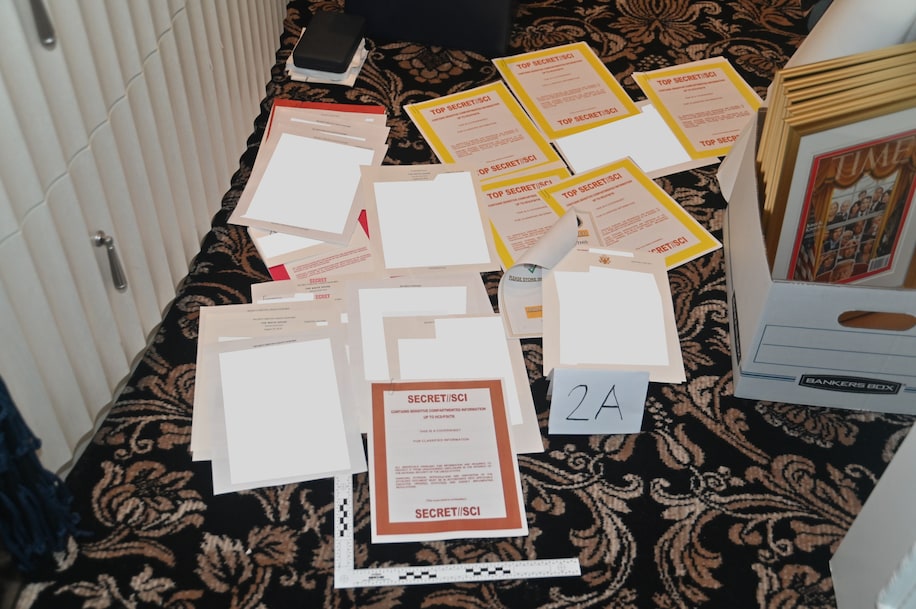
On Monday, the Wall Street Journal continued its remarkable campaign to downplay Donald Trump’s criminal misuse of presidential records. It did so with a desperate plunge into whataboutism, serving up an editorial titled “The Comey-Clinton Document Standard and Trump.” As the title suggests, the editorial then proceeded to conflate Hillary Clinton’s misuse of a private email server with Trump’s determination to abscond with a large collection of records that he had no lawful right to possess.
While such a comparison had been attempted by other voices on the right, it was disappointing to see it in an ostensibly “mainstream” publication. As various experts have pointed out, there is no basis for such a comparison. See, e.g., Politico, “Why the Trump search warrant is nothing like Clinton’s emails.” This is not an occasion to argue that Ms. Clinton was blameless. She exercised poor judgment and it cost her dearly: there is good reason to believe the email controversy cost her the election. (That is the minimum price that Trump should pay should he choose to run in 2024, as he threatens.)
But Clinton’s transgressions were minor compared to Trump’s. While there was apparently some scattered classified information in Clinton’s emails, it did not appear that it was plainly marked, and there was no indication that it approached Trump’s trove of such information in volume and sensitivity. Nor did Clinton embark on a prolonged course of deliberate attempts to obstruct and mislead authorities as Trump did. Moreover, the treatment of Hillary Clinton did not by any means represent a “standard” adopted by the Department of Justice. Even if Clinton was treated too leniently—and I do not think that was the case—it would be no reason to repeat the mistake today in the case of the former president.
On Tuesday, the government filed a memorandum in opposition to a Trump motion seeking appointment of a special master to review the material seized by the search warrant. The memorandum is persuasive that, as a matter of law, such an appointment would be inappropriate. The first 13 pages of the memorandumpresent a clear (and quite readable) account of the government’s patient but persistent efforts to recover the pilfered document and the obstruction by the Trump team. Readers are urged to peruse that portion of the memorandum and they can find it here.
The Wall Street Journal today reported on the government’s memorandum, but its editorial pages offered no comment. If history is any guide, they will think of something to say, but it will not likely be to their credit.
Clearly, the government’s investigation should proceed forthwith through testimony before the grand jury of every individual who was involved in the document debacle.